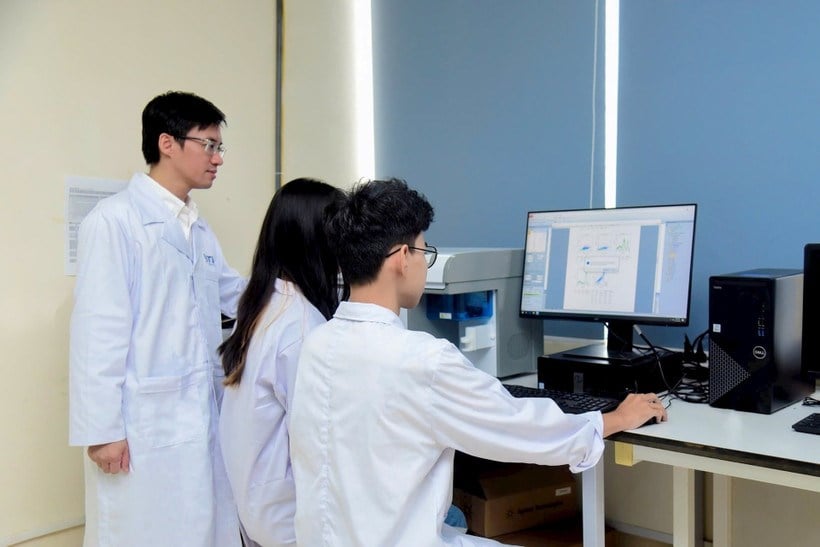
Scientists today do not only stop at research but also carry the mission of inspiring and leading the young generation to engage in science and technology with a spirit of creativity and international integration.
Resolution No. 57-NQ/TW dated December 22, 2024 of the Politburo on breakthroughs in science, technology, innovation and national digital transformation emphasizes that developing high-quality human resources is key to innovation and sustainable development. With the responsibility of teaching, many scientists have been playing the role of guides, inspiring critical thinking and research spirit for the next generation.
Associate Professor, Dr. Dang Thi My Dung, Deputy Director of the Institute of Nanotechnology ( Ho Chi Minh City National University) - one of two outstanding female scientists who have just received the Kovalevskaia Award 2024 - is not only a talented scientist but also a dedicated teacher.
She has guided many students, graduate students and researchers, especially female researchers, encouraging them to pursue their careers in science and technology. Not only does she guide research topics, find scholarships, supervisors and laboratories for young people, she also always coordinates with receiving units and sends many staff and students to study for Masters and PhDs in Korea and sends dozens of researchers and interns to study at universities and foreign partners in the US, France, the Netherlands, Japan, etc.
However, to play their role as instigators well, scientists still face many barriers: lack of equipment, limited funding, and research environments that do not meet international standards. Many research facilities in Vietnam do not have the conditions to create an open, creative, and practical academic space for students.
Associate Professor, Dr. Dang Thi My Dung shared that scientific research requires large investments in equipment, facilities, finance and time. Meanwhile, many training and research facilities in Vietnam have limited conditions, creating an international standard learning and research environment for students and young researchers still has many obstacles.
Many scientists also believe that we lack resources and a team of in-depth experts; the number of lecturers and scientists is still small, not fully covering the necessary fields, especially the strategic technology field. This makes it difficult to build a systematic training program that is up to international standards.
Besides, there is a lack of orientation and support to send good students abroad to study and research; the selection and support mechanisms from the state or schools are sometimes ineffective.
According to Associate Professor, Dr. Nguyen Hai Dang, Vice Rector of Hanoi University of Science and Technology, currently the number of students studying strategic technology groups such as biotechnology, biomedicine, and pharmacy accounts for about 20% of the total number of students in the school. In addition to participating in research with teachers at the school, every year more than 20% of students are able to do internships at research and training facilities abroad. This is a great opportunity for students to access advanced science, exchange, learn and improve their international relations skills. However, investment resources for training high-quality human resources are still limited, especially the budget for applied research and modern equipment, making access to advanced technologies difficult. Many programs do not integrate enough applied research projects or cooperation with businesses, causing students to lack practical problem-solving skills. In the field of biotechnology this situation is even more evident due to the high demand for specialized laboratories, expensive equipment and internationally experienced teaching staff.
Mr. Tong Si Son, Deputy Head of the Department of Space and Applications, Hanoi University of Science and Technology, shared: Space science and satellite technology are interdisciplinary sciences, requiring the combination of experts in astrophysics, mechanics, electronics, automation, information technology, etc., but in reality, the force of lecturers and scientists in this field is still thin. Moreover, core technologies in satellite manufacturing and space monitoring are often rarely shared from developed countries. In addition, space technology is a field that requires modern, high-cost equipment, from simulation laboratories, remote sensing equipment, ground stations, satellite models to satellite data analysis software. Many universities and research institutes in the country are still not qualified to fully equip, making teaching lacking in practicality and liveliness.
In the new context, training human resources for strategic technology fields such as biotechnology, aerospace, and semiconductors is not only a priority but also a vital requirement to keep up with global trends. These are industries that can change the landscape of healthcare, agriculture, environment, and defense. Therefore, according to experts, to build a young, high-quality workforce, a systematic, long-term strategy is needed.
Associate Professor, Dr. Nguyen Minh Tan, Director of the Institute for Research and Development of Applied Natural Compounds (Hanoi University of Science and Technology) said that attracting young people to participate in research groups and carry out projects at different levels is not only an opportunity for them to experience reality but also to identify their strengths, discover their passions and define clear career goals; thereby choosing prestigious universities and laboratories that are suitable for their personal development orientation. In that journey, the role of teachers and scientists is extremely important, they must become excellent models of research and innovation. Scientists need to build strong international research cooperation networks to open the door to exchange, study and research in a top international environment for students.
To send excellent students abroad to study and research, research institutions need to strengthen cooperation with regional and international partners through research cooperation projects and invite foreign experts to participate in implementing topics and projects in Vietnam.
In addition, an indispensable focus is training human resources for strategic technology fields, especially biotechnology, space technology, semiconductors, etc. This is a field with the potential to revolutionize many economic sectors such as agriculture, health and environmental protection, but requires systematic investment from higher education. Schools need to focus on designing training programs that integrate theory and practice.
At the same time, promote postgraduate training to create experts who are capable of leading high-tech projects and imparting knowledge to the next generation. There needs to be synchronous coordination between the State, schools and businesses from adjusting financial mechanisms, increasing infrastructure investment to building training standards linked to industry needs.
According to BICH LIEN/Nhan Dan Newspaper
Original article linkSource: https://baovanhoa.vn/nhip-song-so/ket-noi-the-he-tre-vuon-toi-dinh-cao-khoa-hoc-141947.html



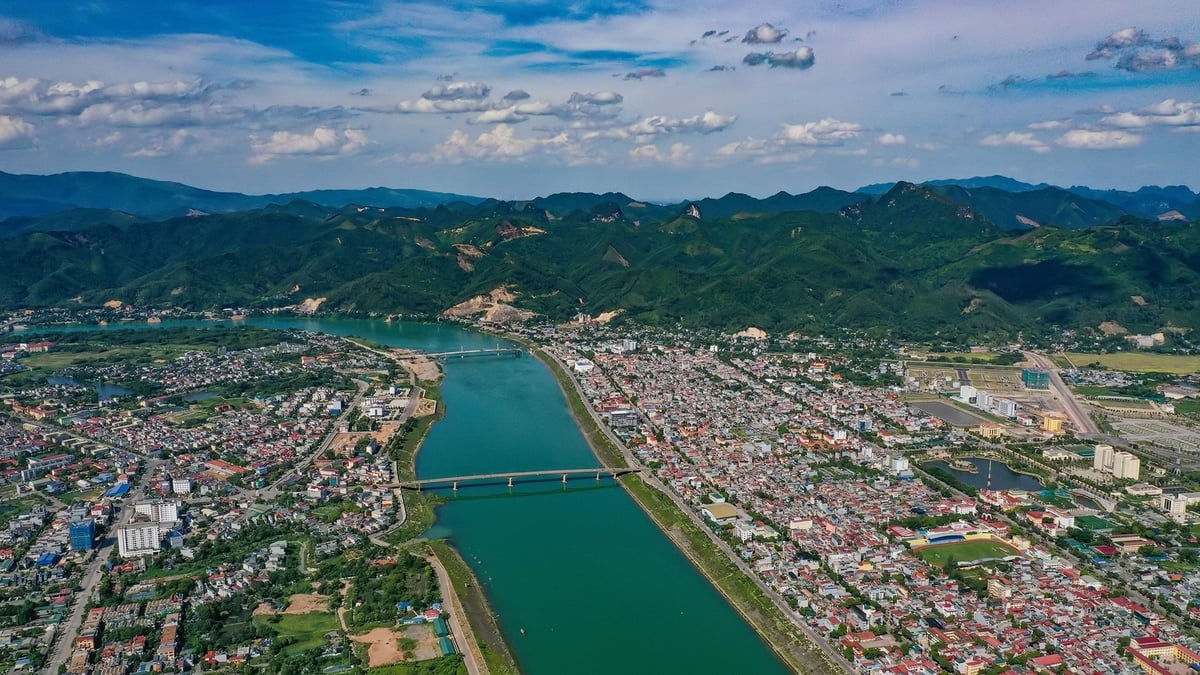


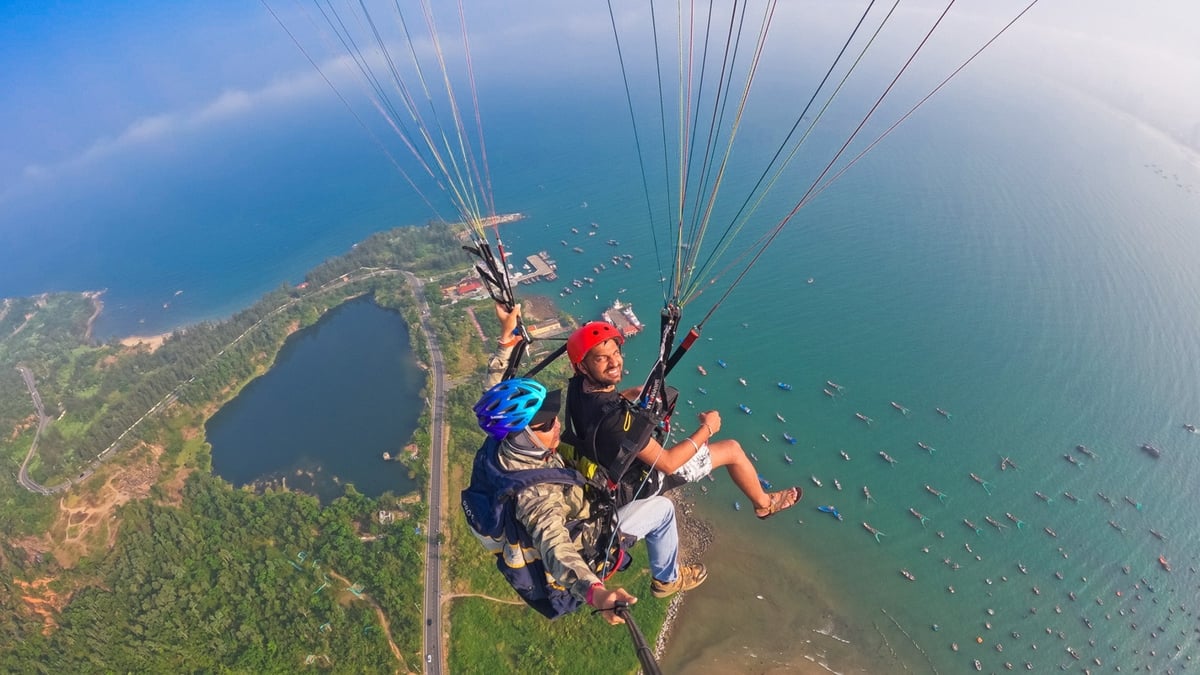

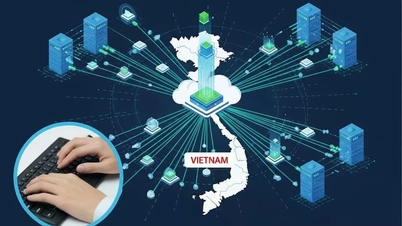

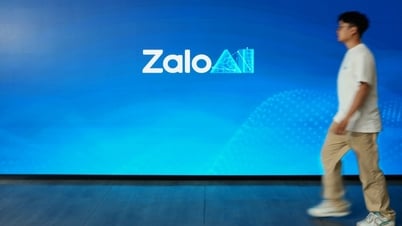

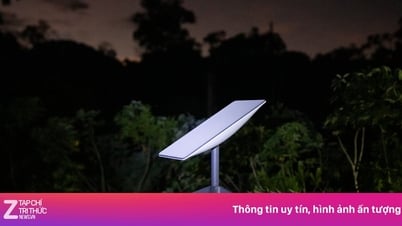


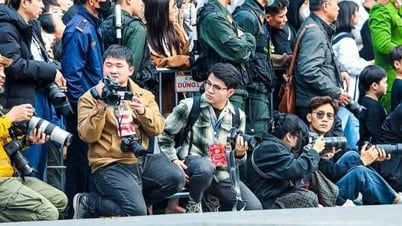






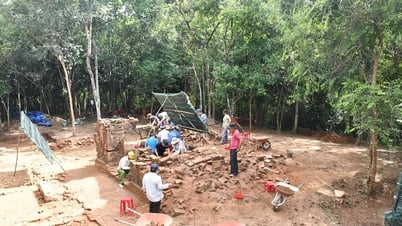
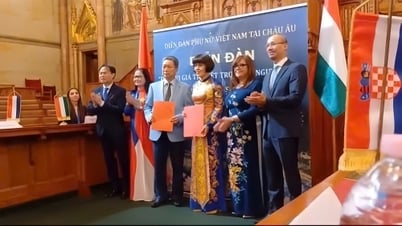
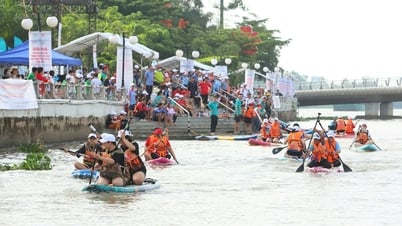


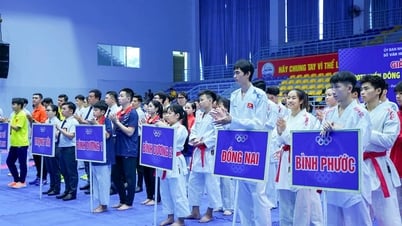

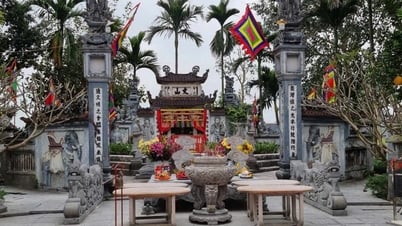

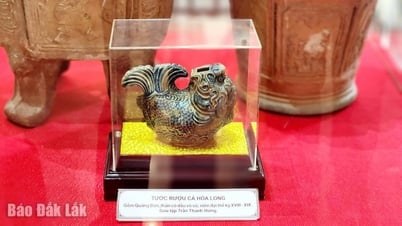

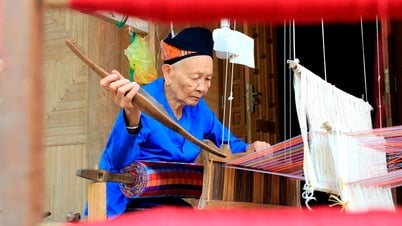



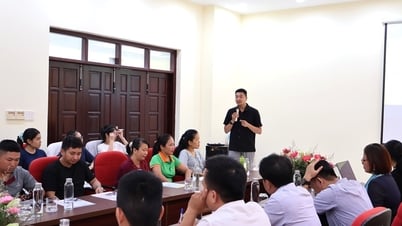
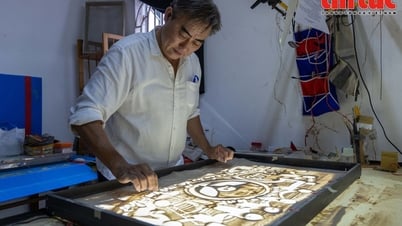

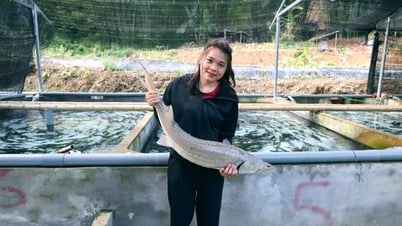

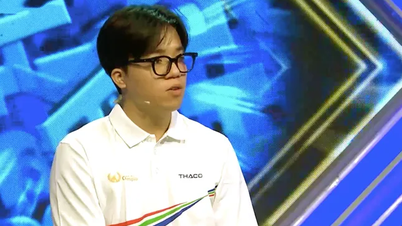

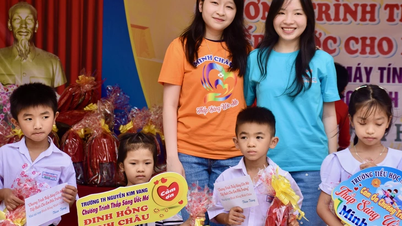


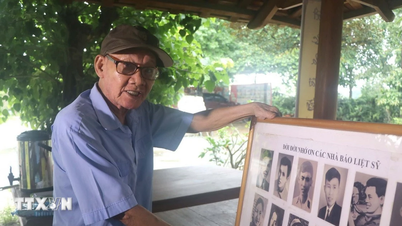
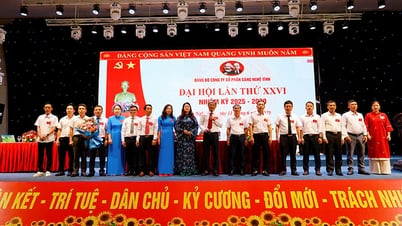

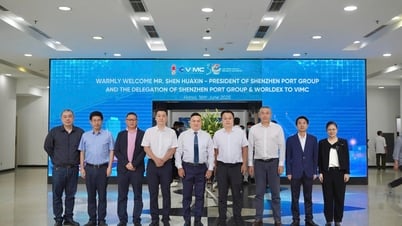
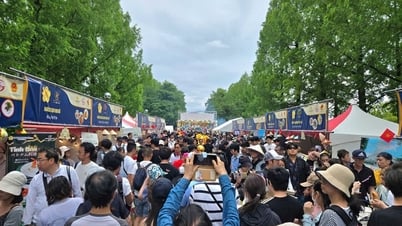
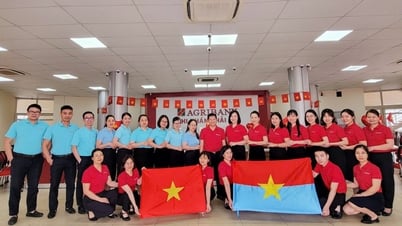

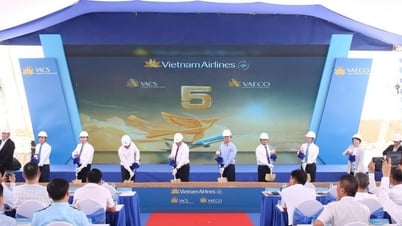
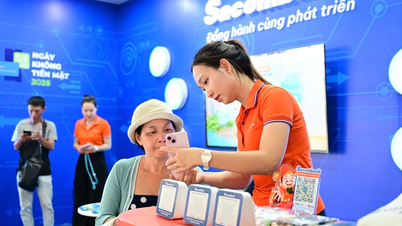

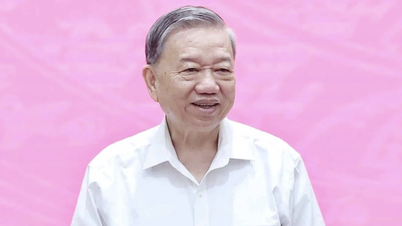



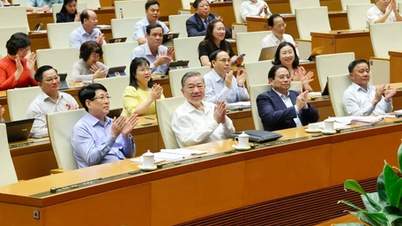
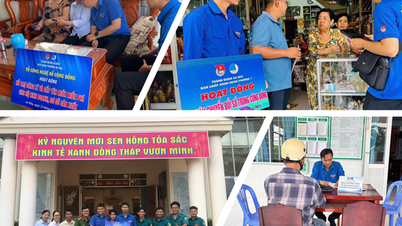

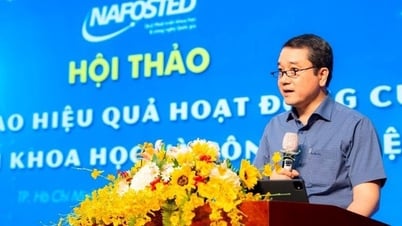
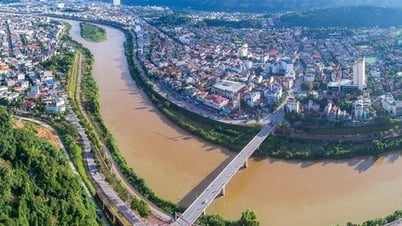

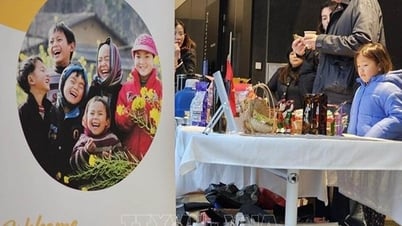
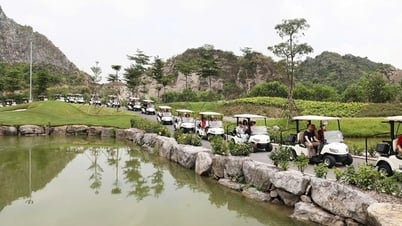
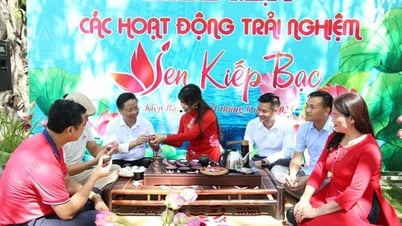




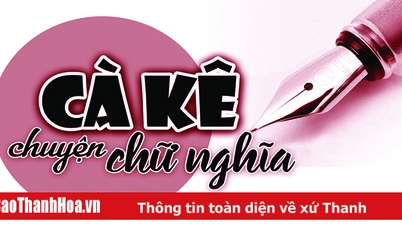


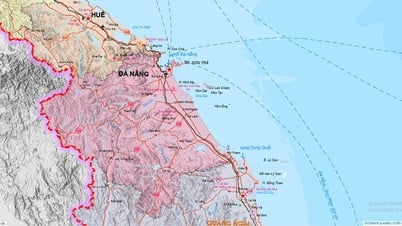


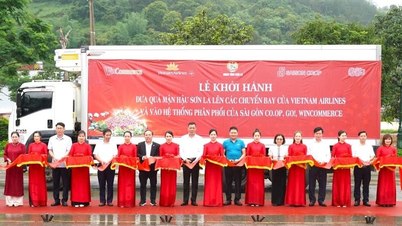













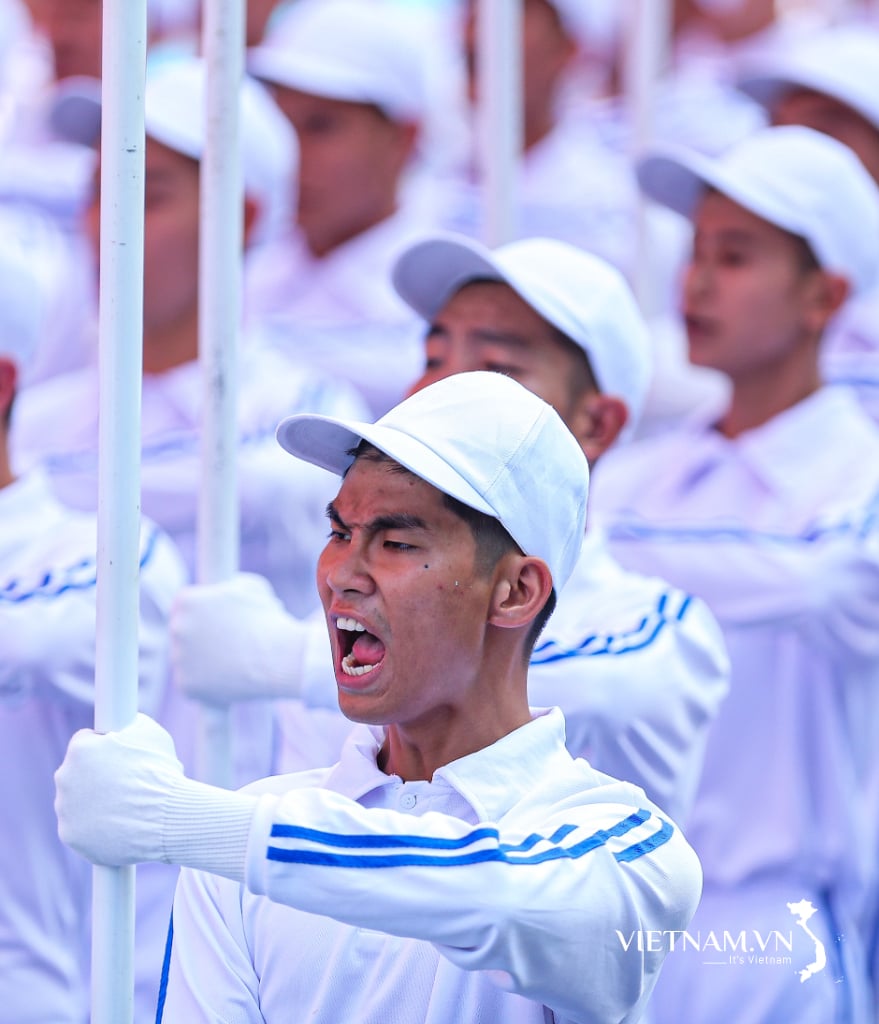
Comment (0)